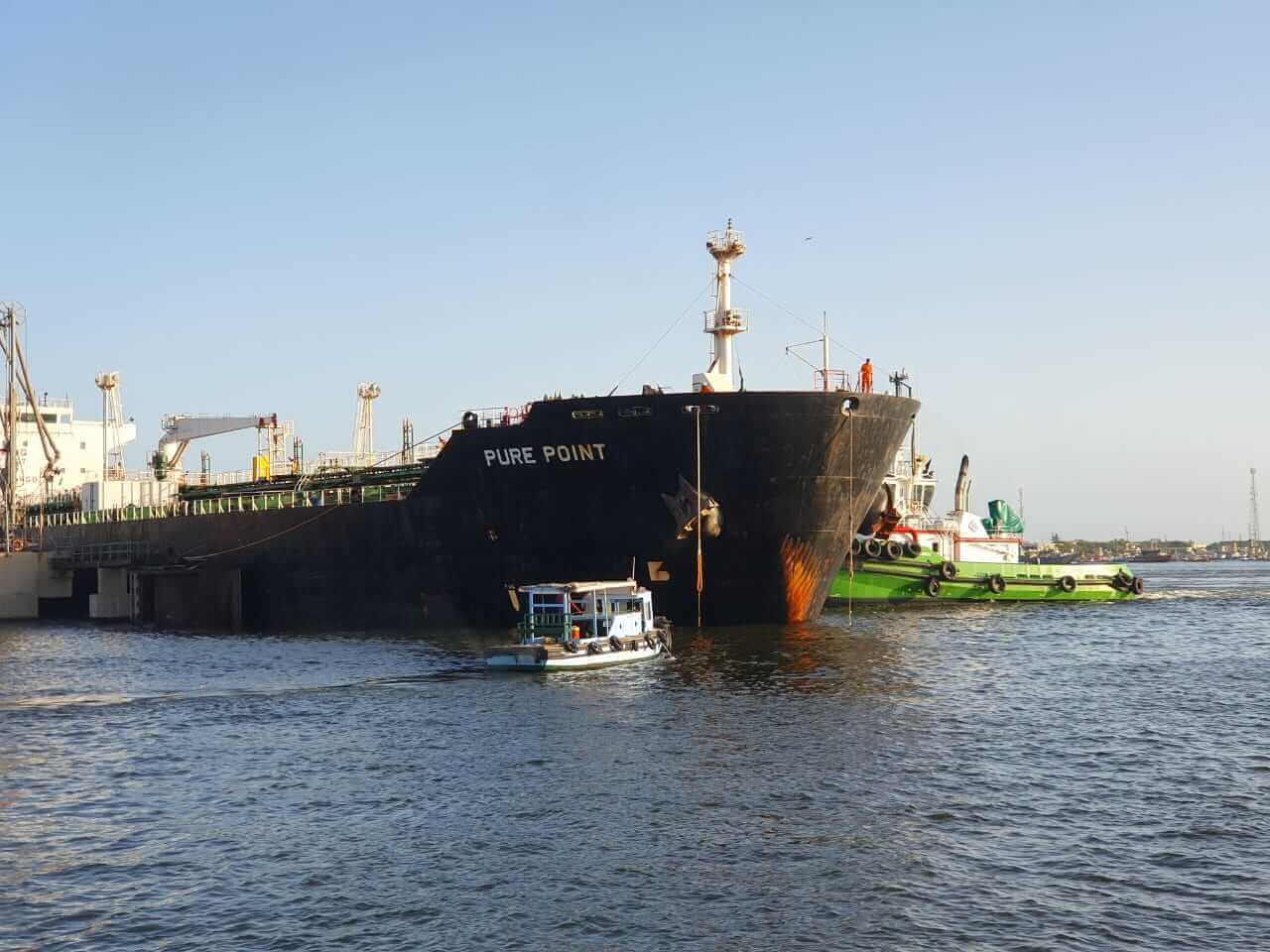Pakistani PM Shehbaz Sharif announced that the first cargo of discounted Russian crude oil, arranged under a new deal between Islamabad and Moscow, arrived in Karachi on Sunday, marking it as a “transformative day.”
Overview
Pakistan, which is presently dealing with high external debt and a weak local currency, hopes that acquiring crude oil at reduced rates from Russia will help stabilise the country’s oil prices.
According to the Pakistan Bureau of Statistics, energy products account for around 29% of the country’s imports. Acquiring Russian crude oil at a discounted price can significantly reduce Pakistan’s import bill and generate fiscal funding for the government.
Pakistan's Prime Minister #ShehbazSharif said the first cargo of discounted Russian crude oil arranged under a new deal struck between Islamabad and Moscow had arrived in Karachihttps://t.co/npw3LUS9F5
— WION (@WIONews) June 12, 2023
Pakistan placed its first purchase for discounted Russian crude oil in April as part of a new agreement negotiated between Islamabad and Moscow. On Sunday, a cargo ship carrying around 45,000 metric tonnes of Russian crude oil arrived at a port in Karachi.
Sharif tweeted, “I have fulfilled another of my promises to the nation. Glad to announce that the first Russian discounted crude oil cargo has arrived in Karachi and will begin discharge tomorrow.” “Today is a transformative day. We are moving one step at a time toward prosperity, economic growth, and energy security & affordability,” he added.
The PM also stated that the first oil shipment from Russia would begin a new era in bilateral relations between the two countries.
Russia promised to deliver the remaining 50,000 tonnes of its crude oil to Port Qasim on 20 June. The authorities confirmed they would ensure the Russian crude’s safe and smooth delivery. An official stated that the delay in the arrival of the Russian crude oil is due to logistical issues. Pakistan will use the Chinese yuan to pay for Russian crude oil purchased.
According to media sources, the deal will see Pakistan buy crude oil instead of refined fuels, with imports likely to reach 100,000 barrels per day, provided the first transaction goes smoothly.
In December 2022, Russia declined to supply Pakistan with a 30% discount on its oil when the Pakistani delegation asked for a price decrease. In January this year, a Russian delegation arrived in Islamabad to have negotiations and address technical matters such as insurance and mortgage.
Last month, Pakistan’s State Minister for Petroleum, Musadik Malik, told the media that the government would begin importing Russian crude oil in small quantities in June. However, he declined to discuss the commercial terms of the deal with Russia.
First Russian crude oil cargo arrives in Karachi: Shehbaz
— Investify Pakistan (@investifypk) June 12, 2023
PM terms development ‘beginning of a new relationship between Pakistan and Russian Federation’#news #pakistan #investify https://t.co/G1PaPU9Ve3
Pakistan’s Economic Situation
Last year, Pakistan purchased around 154,000 barrels daily, with over 80% of its supply coming from Saudi Arabia, the UAE, and other Gulf nations.
According to State Bank of Pakistan data, the country’s foreign exchange reserves dipped to roughly USD 3.9 billion during the week ending 2 June. Based on central bank data, Pakistan’s inflation rate increased to 38% in May from a record high of 36.4% in April.
Last year’s catastrophic floods submerged a third of the country, displaced over 33 million people, and inflicted $12.5 billion in economic damage to Pakistan’s fragile economy.
Pakistan and the IMF still need to negotiate a staff-level agreement on the much-needed $1.1 billion rescue package to prevent the country from going bankrupt. The funds currently received by Pakistan are part of a $6.5 billion rescue plan agreed upon by the IMF in 2019, which analysts say is vital to avoid defaulting on external debt obligations.
Pakistan’s purchase provides Russia with a new consumer for its oil, along with India and China. Since the Ukraine War began last year, the US and other Western countries have imposed several repressing economic sanctions on Russia.

